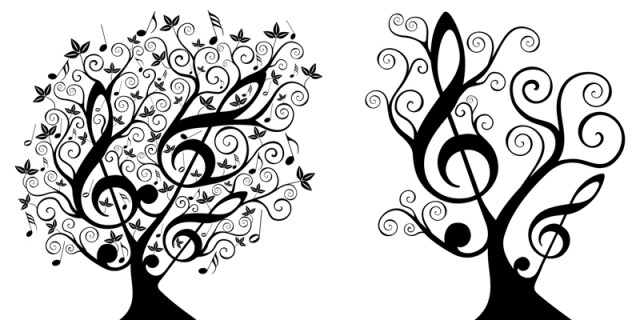Those of us not old enough to have worn hipster saris to nightclubs here in the 60s and 70s, are frequently subjected to misty-eyed reminiscing about a city that was once apparently safe, cosmopolitan and liberal, a magical place where one could drive around late without racing home to avoid a hold-up and people were far too polite and open-minded to be too fussed about each other's religions, sects and ethnicities.
In my very personal and spotty survey of post-1947 literature on Karachi, it has always struck me that the poetic construction of Karachi’s alleged liberal past exists more in prose than in poetry. In fiction, one thinks of the charming passages in Muhammad Khalid Akhtar’s (MKA) works where the author evokes the din and bustle of the city in the ‘50s and ‘60s through his impish characters. Elphinstone Street, for instance, repeatedly surfaces in MKA’s works as the preferred destination for his flâneurs who seek delight in city lights and life. The wildly popular Ibne Safi’s Imran series novels are set in an unnamed city, but it is widely believed that the place they draw on — marked most notably by an alluring night-life complete with nightclubs, alcohol, and vixens on the hunt — is in the image of the Karachi of yore.
But for whatever reason, the poets never seemed to be enamoured of Karachi and its ways. The gentle poet from Lahore, Taufiq Rafat, whose work shows remarkable restraint and control, wrote two uncharacteristically tart poems on Karachi. The first one, Karachi, 1955, describes the city in strong grey images: The screaming wind transplants the soil/ particle by particle […/] All the forces of nature crowding man off his perch/ so that the land can return to its ways.// In this city of scarce sweet water and little rain/ each man protects his rood of greenery/ with panicked care. His other poem similarly entitled rather unimaginatively, Karachi, 1968, is even sourer. The second-last stanza reads:
There is no weather here as we northerners
understand weather. The season telescopes
a sort of summer into a sort of winter,
topped by a mini-monsoon. Each new morning
brings no hope of change. Generally the clouds
are sexless, mute, and above our affairs.
A splitting sky announces a jet not rain.
Even in Urdu poetry, one would be hard pressed to find a loving ode to the city. Zia Jalandhari, writing in his book of poems khwāb sarāb published in 1985, writes movingly about Karachi as a hard, wretched place:
karāchī kisī dev qad kekŗe kī tarah
samandar ke sāhil pe pa’ooń pisāre paŗā hai
naseń uskī faulād-o āhan
badan ret cement patthar
buseń, taxiyań, careiń, rikshā, ragoń meiń lahū ke bajā’ye rawāń
jism par jā bajā dāgh daldal-numā
jahāń ’ankabūt apne tāroń se bunte haiń bańkoń ke jāl
…
yeh woh shehr-e mutma’in hai
jo apne hī dil kī shaqāwat pe shīda rahā
Karachi’s story is usually told as that of a utopia that suddenly took an about turn during the Zia era and went horribly wrong. But there is enough poetry to warrant against such a narrow view of things. We desperately need narratives of Karachi that do justice to its complex past and help us grapple with its bewildering present.
Where are the historians?



COMMENTS
Comments are moderated and generally will be posted if they are on-topic and not abusive.
For more information, please see our Comments FAQ